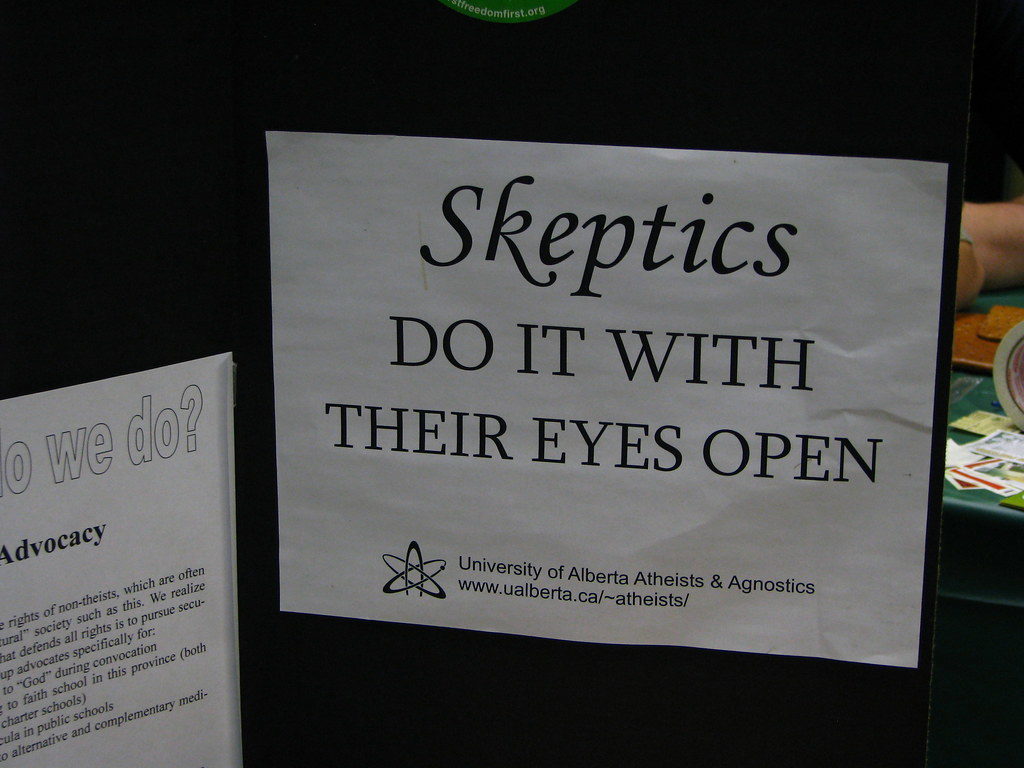Everything in our lives is weighed against our assumptions. Everything is judged, from our experiences to our very emotions. The entirety of our sentient existence is shaped by that set of ingrained assumptions. Realizing this, one must wonder at the nature of our assumptions, our basis for conscious thought:

For instance, generally we assume that the sun will rise on the morrow, though it may be hidden by rain or snow. This assumption stems from before humanity encountered fire and holds a place in our minds to the present. Let us consider this. We know through our scientific or religious knowledge that at some point, the sun will cease to rise (or the earth to turn), and at some point in distant past there was no sun. Looking back, we find that our assumption was based on incomplete knowledge combined with a form circular logic.
“Circular logic” is easier to recognize when we examine the nature of science and religion.
Our primary tools in comprehending the nature of the world around us, the everyday events that take place in our world would be difficult to think of without the influence of at least one of these heavyweights. God, the creator of all things, seems to sprout from his own absence! Science, on the other hand, either ignores that fatal flaw or plays with a twisting, circular time line that has no end. Looking closely, we realize that both function on the assumption that the current existence of reality justifies a beginning to that same reality.

Since neither religion nor science justify themselves with knowledge or data outside that aforementioned realm of reality, both methods of investigating the universe remain fatally incomplete. Therefore, attempts to prove one institution more or less correct than the other are doomed to failure, for both are equally barren of higher truth based on the argument above. Without knowledge outside our limited existence, we will forever lack the ability to prove beyond all doubt that either science or religion is the correct or at least the “more correct” interpretation of the universe.
Accepting that our own judgment is as flawed as all that we have conceived, we must also recognize that the choices of others in how they view their environment are no worse than our own decisions towards the issue. Essentially this means that no matter how solid or ludicrous a theory in either field may be, it has the potential of being outrageously false… or the paradigm of truth that unlocks the complete and fully accurate nature of the universe.






